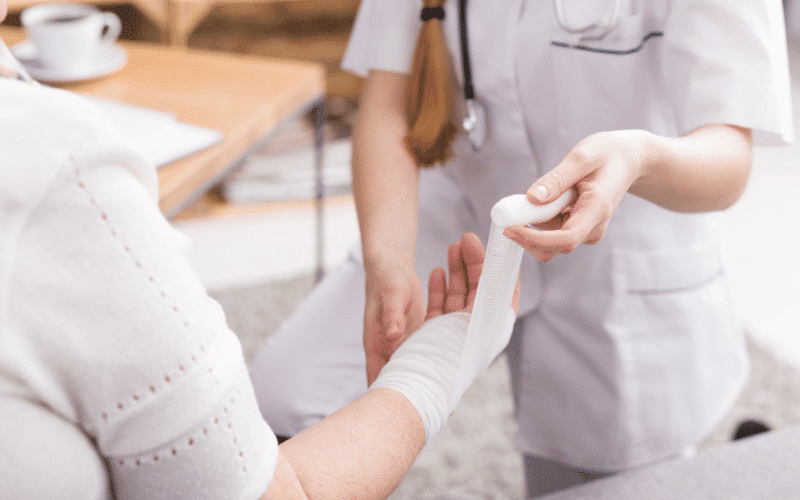Symptom 15: Impaired Wound Healing

Impaired wound healing can also be a symptom of iron deficiency anemia. Iron plays a crucial role in various bodily functions, including the production of collagen, which is vital for the repair and regeneration of skin tissue. When your body lacks sufficient iron, it can lead to a slower wound healing process, causing cuts, scrapes, and other injuries to heal more slowly than usual.
Delayed wound healing can increase the risk of infection, as open wounds are more susceptible to bacterial contamination. Additionally, slow-healing wounds can cause significant discomfort and may even lead to scarring.
It’s important to note that impaired wound healing can result from various factors, such as diabetes, poor nutrition, or other underlying health conditions. If you’re experiencing slow wound healing along with other symptoms of iron deficiency anemia, it’s essential to consult a healthcare professional for a proper diagnosis.
If your healthcare provider confirms that iron deficiency anemia is the cause of your impaired wound healing, they may recommend treatments such as iron supplements or dietary changes to increase your iron intake. By addressing the underlying cause of your anemia, you can help to improve your wound healing ability and promote overall health and well-being.
In conclusion, if you’re experiencing impaired wound healing along with other signs of iron deficiency anemia, seek medical attention to determine the root cause and receive appropriate treatment. Early intervention is vital for maintaining your health and preventing further complications. (15)